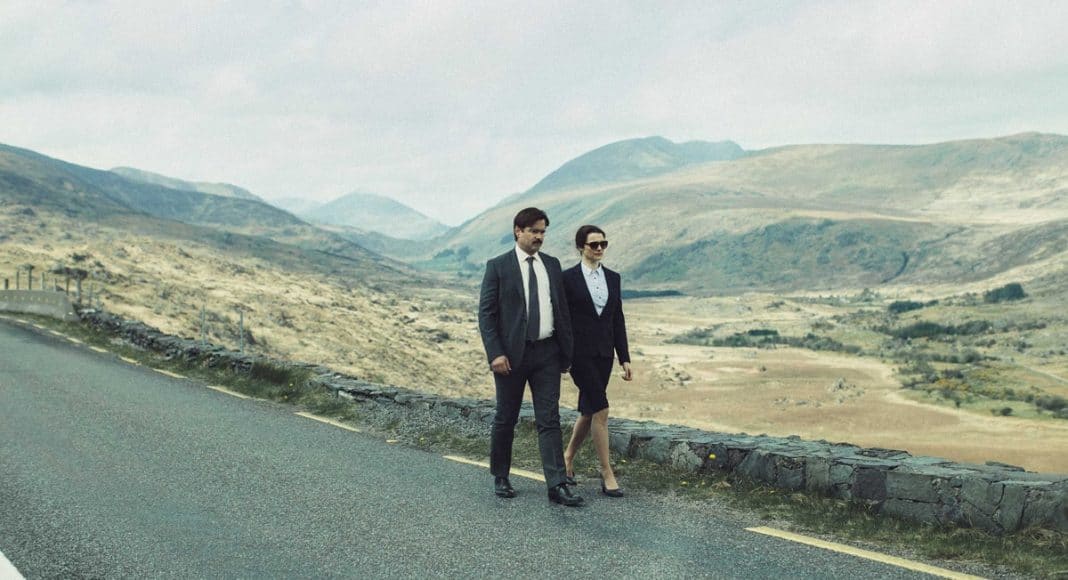With respect to the fools who dream, Sunday’s Academy Awards will not offer you much respite from the otherwise dreary state of the world. Any intrigue regarding upsets or dark horses has been rendered virtually nonexistent thanks to the one-two horse race of La La Land and Moonlight. Instead, any possibly captivating moments revolves around how Hollywood and its artists will react to the outside world.
What will Viola Davis say when she surely wins Best Supporting Actress? If Barry Jenkins and Moonlight wins Best Adapted Screenplay or Directing or improbably Best Picture, what message will he send to the world? What about Denzel? Or Chazelle? Casey Affleck—will he address those lingering allegations? What will he say? If nothing, what does that mean? If Isabelle Huppert somehow pulls an upset, will she accept the award and stare solemnly into the camera for 30 seconds? Then, when the music plays her off, will she whisper, “You all know what you’ve done,” before exiting the stage?
The words from virtually anyone will be political in some form or fashion. The Academy Awards will not offer refuge from our outside reality; instead it will reflect it. This is not a negative criticism. It’s really the only reason to watch this year, with the competition portion being so dull.
Except one category, that is. The only true event resides in the Best Original Screenplay matchup, the one division where each nominee could legitimately win: Manchester by the Sea (doesn’t work without Kenneth Lonergan’s tragic-yet-hilarious dialogue), 20th Century Women (captured three distinctly quirky generational feminists without being pedantic or pandering), Hell or High Water (had the balls to write a Jeff Bridges cowboy-type for Jeff Bridges), The Lobster (fully realized mania of dystopia through the lens of love and existence), La La Land (the script is La La Land’s weakest quality, but La La Land really might win everything).
You could argue the merit of any film winning, but don’t confuse merit with coronation. Only one film should win and that would be The Lobster.
The film regards a cryptic love hotel where single people must find a partner within 45 days or be transformed into an animal of their choosing. Between relationship propaganda videos and awkward prom dances, hotel visitors hunt in the woods where the “loners” live. If they are successful, they may extend their stay at the hotel.
I saw the film at the Florida Film Festival back in April and again when it hit theaters last summer. All these months later, my mind still wanders back to that hotel. I want to know everything about it: its history, that animal-transforming room, the questionnaire and interview process for employees, why did they discontinue the “bisexual” orientation option, the list of rules Colin Farrell’s David signed when he first checked in. That list, worth noting, is real. As Farrell admitted, the hotel’s rules were realized and written on that sheet of paper; it wasn’t some dumb JJ Abrams “mystery box.” If I could pay to visit that hotel, like a zoo, I would.
Constructing hotels doesn’t qualify a screenplay as exceptional (thought it can get you elected…). The dialogue and characters are deeply considered in their choices and thought. When prompted why he chose a lobster, David replies, “Because lobsters live for over one hundred years, are blue-blooded like aristocrats, and stay fertile all their lives. I also like the sea very much.” Those two sentence informs multitudes of David’s character, his desires toward eternal life, status, and strength; none of which he possesses. But David grasps how alien that seems to others, so he pulls back self-reflexively with that “sea” comment.
In its second half, the writing focuses its eye on The Loners. David escapes the hotel and joins them, discovering a totalitarian system with baroque notions of living. The Loners practice socialist ideas of shared status and equality for all; that is why love and intimacy is forbidden. But here David is allowed to be what he is: an outcast. He can be offbeat and reserved. Just as David finally embraces his loneliness, though, he discovers love with Rachel Weisz’s nameless character (she’s listed officially as “Short Sighted Woman”).
Yet again, David finds himself at war with expressing his true self within a social group. Because once their romance is unearthed by The Loners, they blind Weisz’s character through some devilish chicanery, and must cease their relationship if they wish to stay. David hatches yet another escape, returning to the world he previously left. By film’s end, he’s faced with a choice: a) blind himself to be one with his partner, b) lie to her that he did, or c) leave her behind. We never see what David does, though, as the film ends with Weisz waiting patiently for her mate to return.
I still wonder what David does—by which I mean I wonder, if presented with that situation, what I would’ve done. It captures a sentiment I’ve been trying to understand the past 10 years of my life: What would you sacrifice for love? Are you more in love with being in love than loving this love? Why does physical change impact an emotional state like it does to David? Because before his partner’s blinding, David believes this woman has confirmed all his notions of genuine connection he’d been seeking. Then, just as suddenly, David’s as lost and lonely as he’s ever been.
No film last year contains these imaginative layers of depth and world like The Lobster. It is truly original in every sense of the word. May it join the blue-blooded ranks at the Oscars and live forever.


